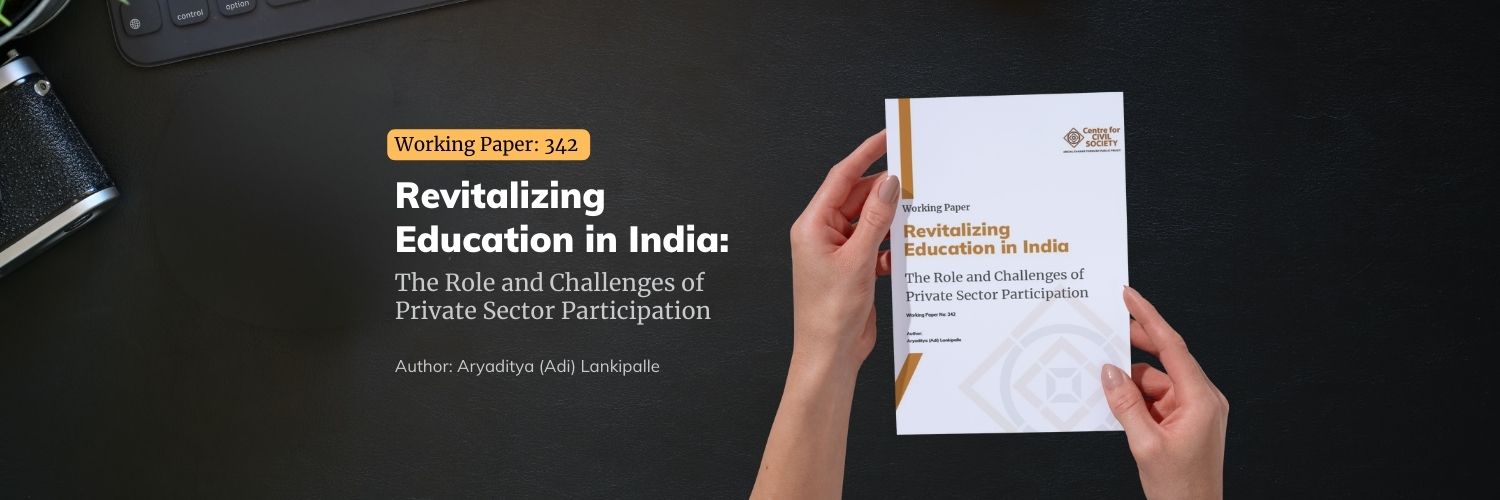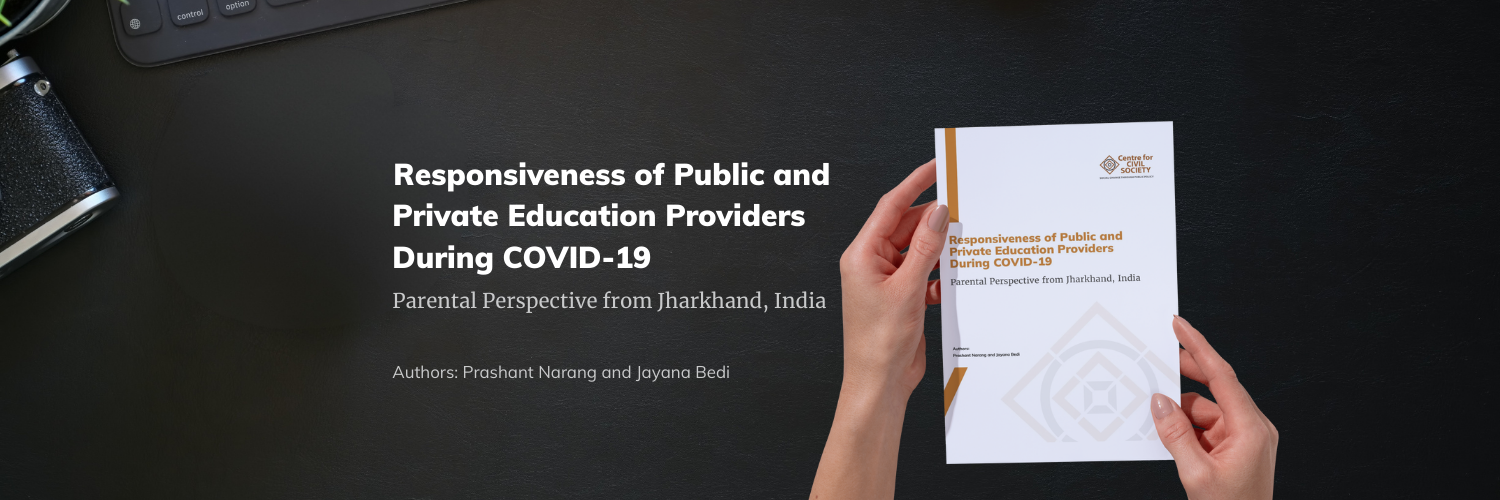"Budget Private Schools (BPS) are privately-run schools that charge very low fees, operating among the poorer sections of the society and have become relevant to the education discourse of India. Such small schools began mushrooming in the late 1980s across developing countries as alternatives to dysfunctional state-run schools and India was no exception. However, in the succeeding two decades, BPS contributed heavily to the soaring enrollment rates in private schools. These schools have been referred to in the literature as “low-fee private schools”, “affordable private schools” and “private schools for the poor” among others, and are considered an entrepreneurial response to meet urgent education needs by expanding access to the poorest children. Despite the lack of infrastructure and facilities, studies over the past decade have shown that learning outcomes in these schools are equal to or better than those of far more resourceful government schools. Despite huge spending over the past decade and more, the government still faces the challenges of millions of out-of-school children, high dropout rates after elementary education and low female enrolment among other things. It is in this context that existing literature on such low-fee charging private schools is being analysed to gain a better understanding of the situation in different parts of India about the achievements, challenges and overarching role of Budget Private Schools (BPS) in India’s school education ecosystem.
Studies published in the late 1990s to as recent as 2014 have been included in the analysis and this meta-study has attempted to capture as wide a range of issues related to BPS from learning outcomes and regulations to gender problems and questions of equity while trying to maintain as much geographic coverage as possible at the same time. This study aims to understand why parents are increasingly choosing to send their children to BPS even in places with access to government-run schools, how children in BPS are performing relative to government schools and how regulations are affecting the functioning of BPS, besides trying to gain some clarity about the direction in which education in India is headed in this context. "

Revitalizing Education in India: The Role and Challenges of Private Sector Participation
Working Paper no. 342


